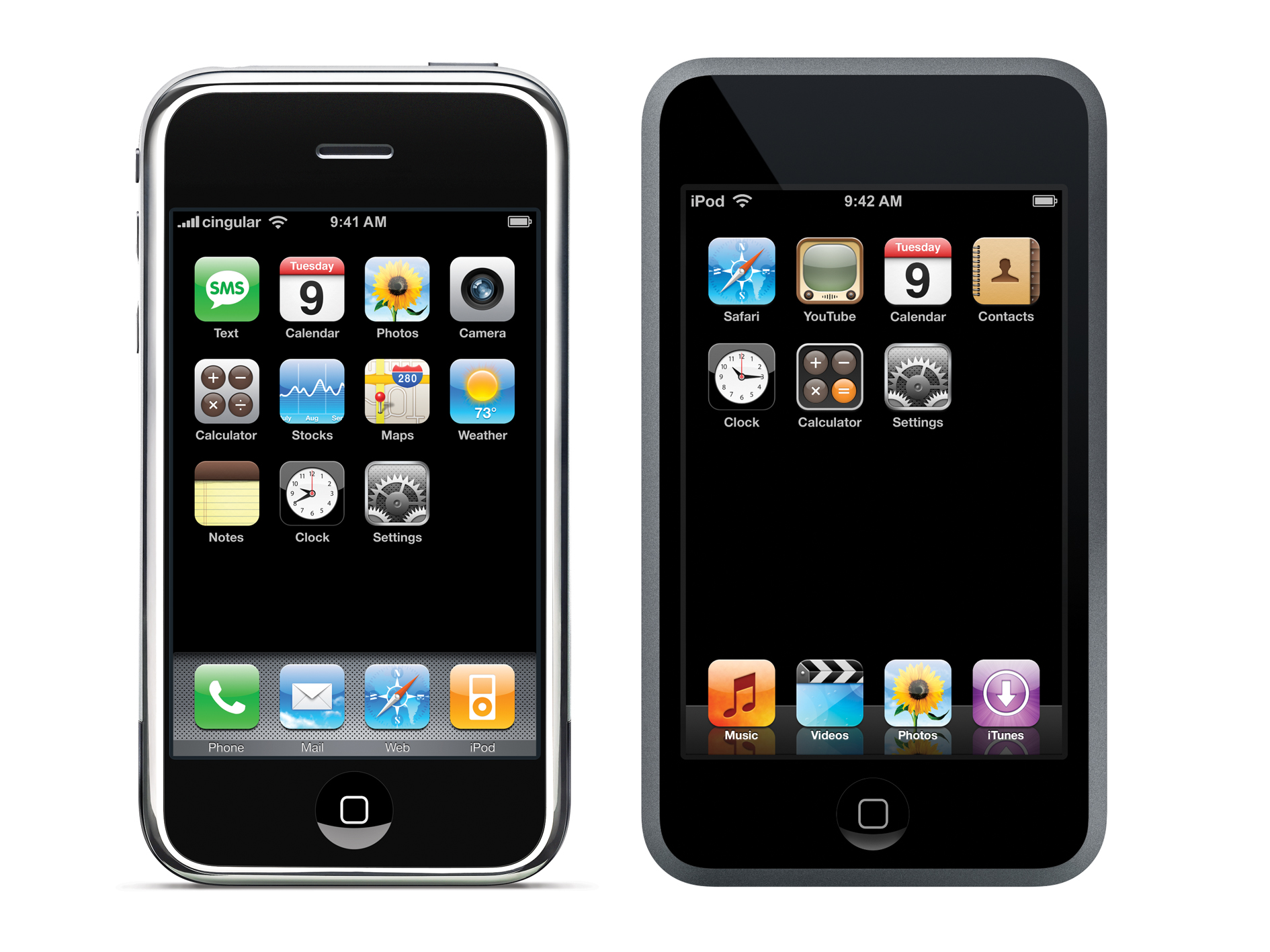iPhone SDK: The developers' perspective
TechRadar interview: "It's a special moment in the computing world"

Apple's iPhone SDK is great news whether you're an iPhone owner an iPhone developer - or even if you plan to develop iPhone apps of your own. TechRadar caught up with leading developer Alykhan Jetha of MarketCircle Software (the company behind the Daylite business productivity suite on Mac) for his take. This is what he had to say:
TechRadar [TR]: What do you think of Apple's decision to offer an iPhone SDK?
Alykhan Jetha [AJ]: I think it was an inevitable decision because when you found out it had Mac OS X on there it was too good to be true, and if Apple didn't offer an iPhone SDK it would be shameful.
But I think they realised that anyway, because for the iPhone to really pick up it would need those custom apps that makes Apple's platform cool, and the extra value is with third-party applications on there. I think they just needed some time to get it all together and the development timeframe of the iPhone is great in terms of speed.
TR: Have you worked with the SDK yet?
AJ: No, we are downloading it as we speak. But it's very similar to the Mac OS X SDK, except that it's a touch framework.
TR: What kind of limitations have you seen with the iPhone so far?
Sign up for breaking news, reviews, opinion, top tech deals, and more.
AJ: In terms of using it, I'm very happy. I have two gripes. A lack of tasks; I use tasks and can't live without them. And the other one is push contacts and push calendars, and basically synchronizing over the air.
TR: What sort of benefits do you see in having the SDK?
AJ: It's phenomenal because it's a new platform in terms of the UI and the user experience. And yet, as developers, we have a head start because we've been using Mac OS X technologies for a while now and it's not a new stack - yet it's a new experience. So it's a pretty special moment in terms of the computing world for the event like this and the confluence of an advance OS like Mac OS X on a phone. Something like that won't happen for a while.
TR: Apple CEO Steve Jobs announced that there would be free apps and paid apps, where will you fall?
AJ: We would fall in the paid apps because we are a growing company and don't have free apps. All our software is commercial applications and the add-ons that go with them.
TR: How do you feel about the cost models?
AJ: Yeah I wasn't so happy about that, if we compare the numbers of the amount of money we spend to what we get. And even though Apple says there are no marketing fees and you get exposed to millions of iPhone owners, after a while you'll need to do additional marketing to stand out with all the apps in the App store. So the 30 per cent plus this other thing is an interesting number.
TR: So how do you compete with all those free apps?
AJ: Well that's true on the desktop too and already going on. So it goes down to the actual functionality of the app and the amount of time it takes to do it. That's where you compete - on the differentiating factors. I'm not worried about that part, just standing out in that store.
TR: How do you stand out?
AJ: You have to invest more in marketing to make sure that when people go to the app store, yours stand out somehow - either mentally or in some other way. But it will probably be a level playing field in the app store.